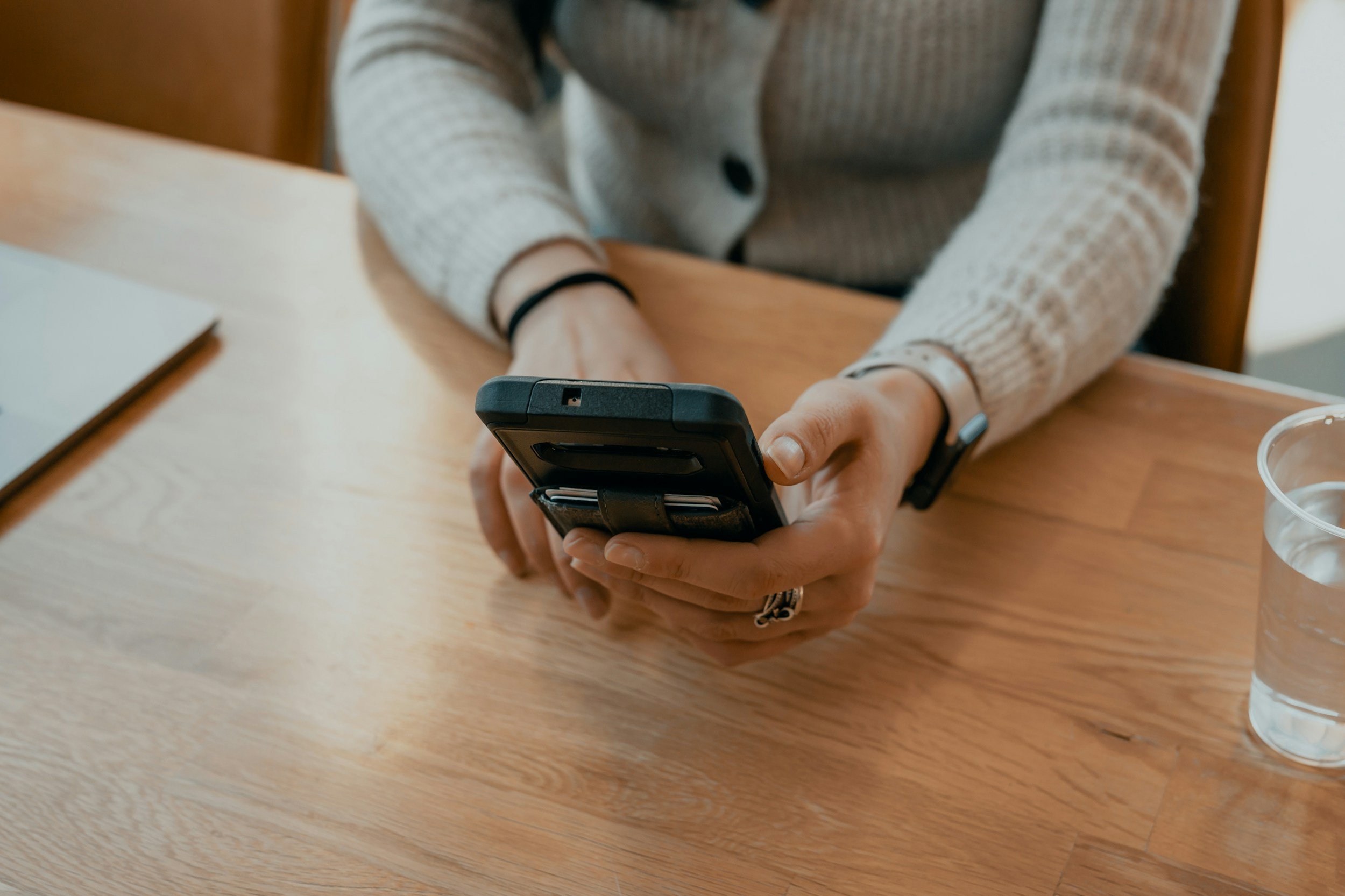The Scroll Trap: Understanding and Overcoming Internet and Social Media Addiction
So, here's the thing – internet addiction? It's becoming a real deal thing. Like, officially. Did you know that internet gaming disorder is actually in the DSM-5-TR now? That's the big book that mental health pros use. It means experts are starting to take this seriously, realizing that being online too much can mess with your life in a real way. It's not just about, 'Oh, I spend a lot of time on my phone.' It's about when it starts to mess with your relationships, your work, your whole vibe. So, if you're feeling like you're caught in the scroll trap, you're not alone, and it's not just you being 'weak-willed' or whatever. It's a thing, and there's help out there.
The Presence of Devices in Everyday Life
It's undeniable that the internet and social media are often necessities. We rely on them for work, communication, and even basic tasks. But when does our reliance cross the line into addiction?
Signs and Symptoms of Internet and Social Media Addiction
Excessive Time Spent: Do you find yourself spending hours online or scrolling through social media without realizing it?
Difficulty Disconnecting: Do you struggle to put your phone down, even when you know you should?
Neglecting Responsibilities: Are you neglecting work, school, or personal relationships due to internet or social media use?
Experiencing Withdrawal Symptoms: Do you feel anxious, irritable, or restless when you're unable to access the internet or social media?
Constant Checking: Do you constantly check your phone for notifications or updates?
The Impact on Mental Health
INSTAGRAM AND SOCIAL MEDIA IS A TRAP!!!
One of the most significant effects of social media addiction is the tendency to compare ourselves to others. Platforms like Instagram often showcase curated highlights of people's lives – exotic vacations, lavish meals, and seemingly perfect relationships. This can lead to feelings of inadequacy, envy, and low self-esteem.
It's crucial to remember that social media often presents an idealized version of reality. People tend to share their best moments, not their everyday struggles. Social media influencers, in particular, often monetize their content, using their earnings or free products to fund these seemingly glamorous lifestyles. This creates an unrealistic standard that is simply not attainable for most people.
Strategies for Overcoming Internet and Social Media Addiction
Set Time Limits: Establish clear boundaries for your internet and social media use.
Create Tech-Free Zones: Designate specific times or places where you disconnect from technology.
Practice Mindful Scrolling: Be aware of your emotional responses to online content and take breaks when needed.
Engage in Real-Life Activities: Rediscover hobbies, spend time with loved ones, and engage in activities that bring you joy offline.
Seek Support: If you're struggling with internet or social media addiction, consider seeking help from a therapist or support group.
Turn off Notifications: Turning off notifications will keep you from constantly being pulled back to your phone.
Evaluate who you follow: Unfollow people who make you feel inadequate, or who post things that make you feel anxious or depressed.



